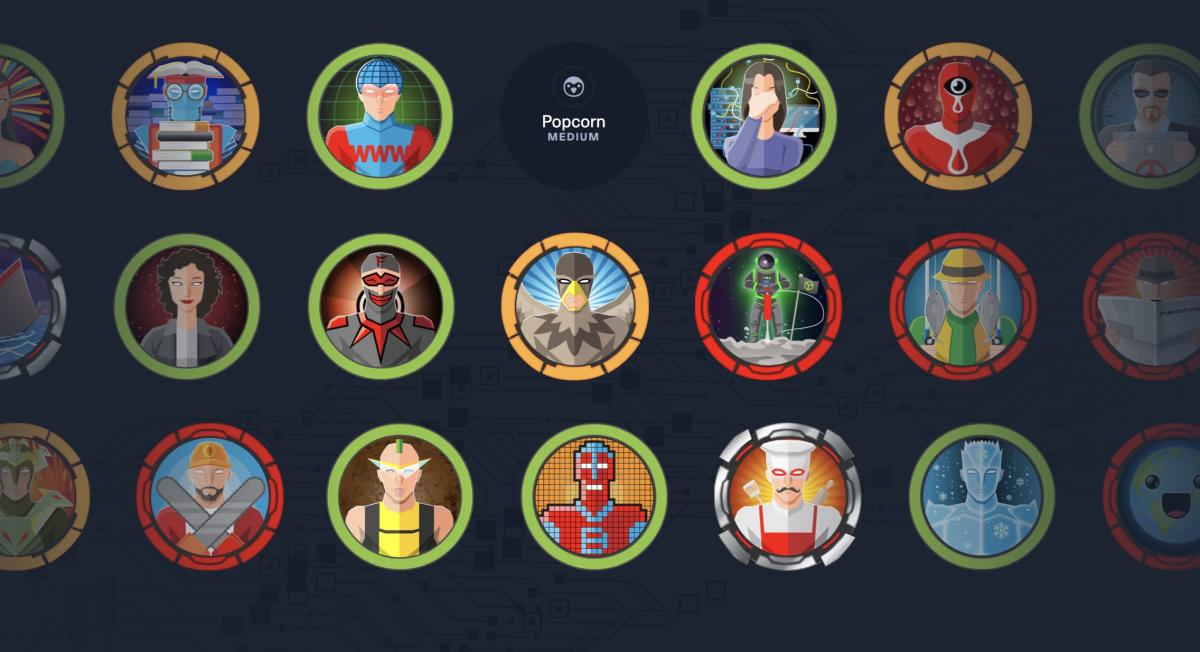Hack the Box, a gamified cybersecurity training platform with 1.7M users, raises $55M
There’s long existed a divide in the world of computer hacking between those who are taking a malicious approach to crack a system, and those who are using the same techniques to understand the system’s vulnerabilities, help fix them, and at the same time to fight against the malicious actors. Today, Hack the Box, one of the startups that’s built a platform to help cultivate more of the latter group with a gamified approach, is announcing $55 million in funding to expand its business after racking up 1.7 million users.
The funding is being led by Carlyle, with Paladin Capital Group, Osage University Partners, Marathon Venture Capital, Brighteye Ventures, and Endeavor Catalyst Fund also participating.
The UK startup is not disclosing valuation at the moment. But for some context, according to PitchBook, the startup, based out of England but with offices in New York and with founding roots out of Greece — where it also has an office (and where it seems rumors of this round leaked out a couple of days ago) — had raised just over $24 million since being founded in 2017 (with about $15 million of that in equity: the company says it’s now raised about $70 million). Its last valuation, previously updated in 2021 after it raised $10.6 million, was a very modest $52 million.
“Modest” because the scale of what the company has achieved is pretty impressive. The 1.7 million community members that use the platform cover both individuals who have joined HTB on their own steam to learn skills and get certifications, as well as some 1,500 enterprises, universities, governments and other organizations that have sent their teams to HTB to be put through their paces.
The company says it currently runs some 450 “hacking labs” across more than 300 machines. Similar to companies like Kahoot (which works in a very different environment to be clear, K-12 education and corporate training) the idea with HTB is that it’s learning environment is built around gamification, simulations with avatars and narrative scenarios that are designed to throw users into what are are built to mimic classic cyber hacks of varying and increasing sophistication. It also has a “pro lab” tier that takes on typical network…


